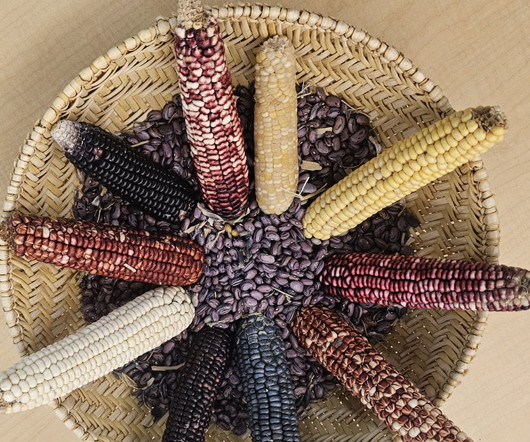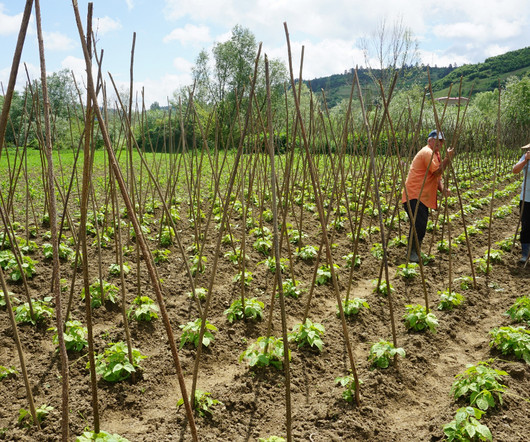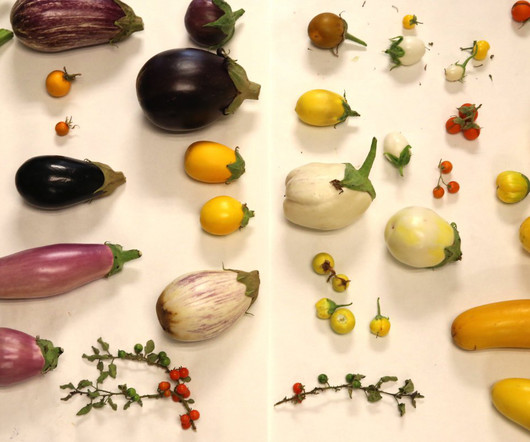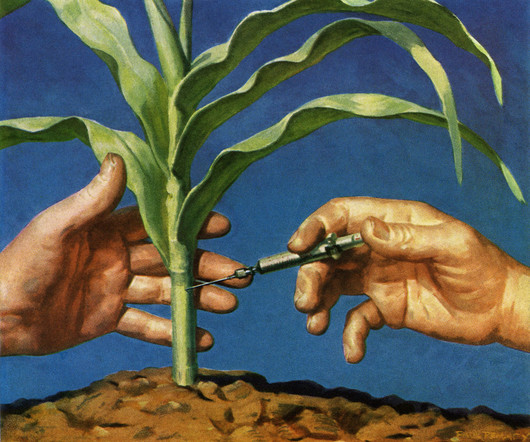Growing Corn in the Desert, No Irrigation Required
Civil Eats
JANUARY 7, 2025
When Michael Kotutwa Johnson goes out to the acreage behind his stone house to harvest his corn, his fields look vastly different from the endless rows you see in much of rural North America. Photo courtesy of Michael Kotutwa Johnson) His harvest looks unique, too. But his vision far surpasses his nine acres.












Let's personalize your content